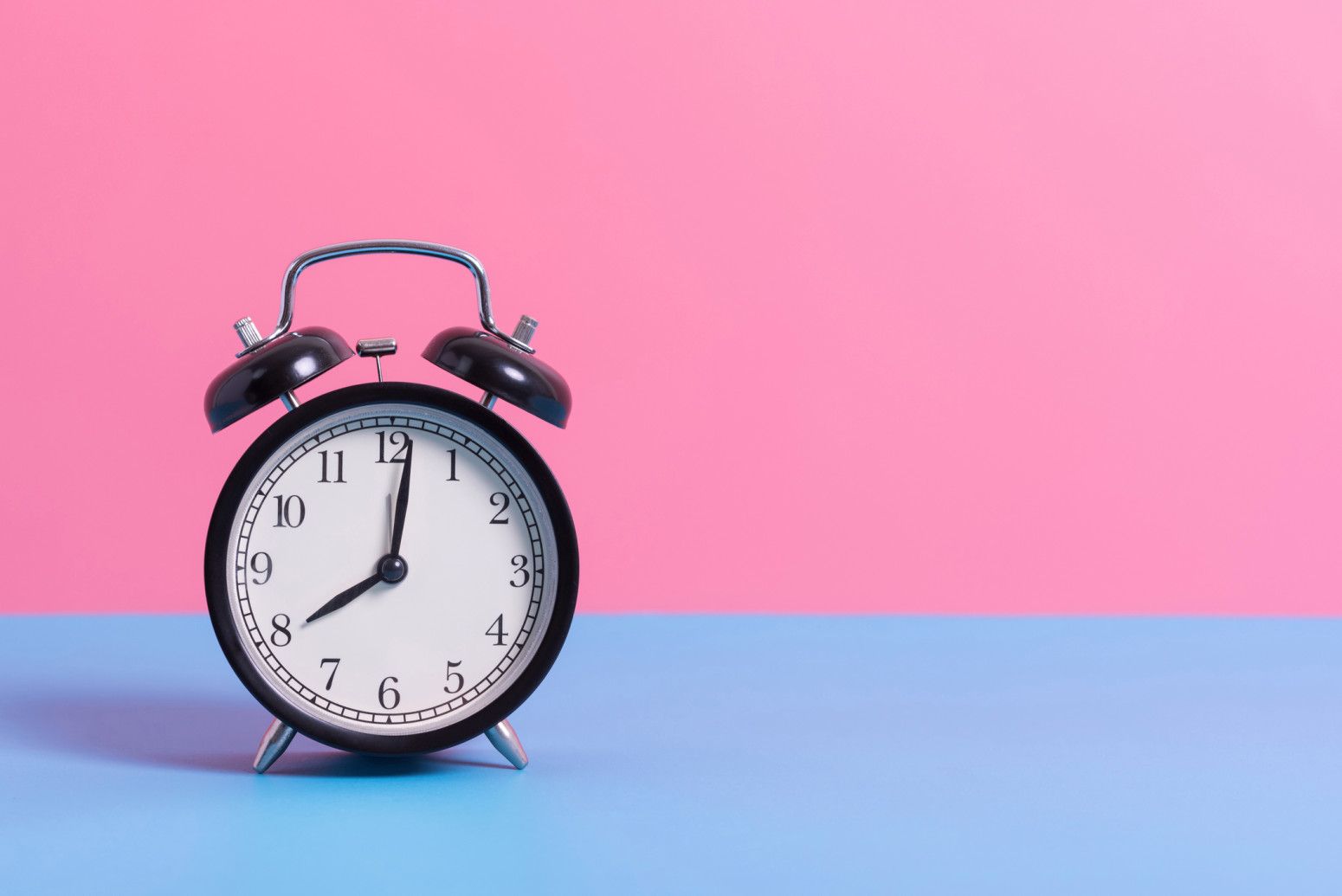I don’t know about you but there are days where I work my butt off and still feel defeated at the end of the day. As I lay my head on my pillow at night, I have a hard time detaching from not being “productive” enough. It’s a feeling like I’ve lost control over myself.
Ever been there? Here’s the lesson: this is perfectionism and unhealthy. If I let these emotions fester and influence my thought-process, it’s a quick path to anxiety and bad stress.
Before we dive into the 4 productivity hacks below, when you don’t meet your own expectations around performance or meeting all your daily goals, there are three things you must practice first: self-compassion, experimentation, and reflection.
Self-compassion
According to Monique Valcour, an executive coach, keynote speaker, and management professor, we have to first accept where we are and exercise some compassion for ourselves.
She writes in Harvard Business Review, “When you admit to yourself, ‘I’m stuck. This feels awful,’ and let that admission sit in your awareness without fighting it or using it to berate yourself, it loses its power to derail you.”
In other words, she adds, “treat yourself with compassion by recognizing your strengths, recalling challenges you’ve overcome in the past, and affirming your capacity to solve problems.”
Move to experimenting and reflecting
That should now open you up to try new things, see how they work, and make adjustments as necessary to improve your workflow and productivity during the day.
Valcour advises you to reflect on what’s happening inside of you and use your observations to inform your strategies moving forward.
She writes, “Being flexible helps. If one approach isn’t working, try another rather than continuing to hammer away fruitlessly … perhaps you’re determined to complete something before lunch. But if frustration is building, stepping away, taking a walk, and getting something to eat may be exactly what you need to facilitate smooth and rapid completion of the task after lunch.”
4 crucial productivity hacks
If you want to stop feeling defeated and take control back, you’ll need tools for your strategy to be more productive, without being obsessed (in an unhealthy way) with productivity.
Here are 6 things you can experiment with and reflect on later by asking, “What needs to be adjusted to make the experience better?”
1. Follow a predictable planning routine.
When you come into the office, your first priority of the day should be to avoid jumping into email. Because once you open your inbox, game over. You’ll be sucked into a whirlpool of others’ needs and having to put out fires.
Instead, map out the first 30 to 60 minutes of your morning to a planning ritual that you can follow daily. Ask yourself, “What do I need to do to start the day well,” and “How much time should I allocate to each task?”
2. Plan your day backwards.
If you want to leave the office by, say, 5:30, set that as your deadline and work backwards. But first, make sure you schedule tasks you can get control over and actually get done without interruptions. Point being, you want to rule the day rather than letting it rule you.
Georgetown University professor Cal Newport, author of Deep Work: Rules for Focused Success in a Distracted World, explains further in an interview with Eric Barker:
“Fix your ideal schedule, then work backwards to make everything fit–ruthlessly culling obligations, turning people down, becoming hard to reach, and shedding marginally useful tasks along the way. My experience in trying to make that fixed schedule a reality forces any number of really smart and useful in-the-moment productivity decisions.”
3. Work in intervals.
Brad Stulberg and Steve Magness, co-authors of Peak Performance: Elevate Your Game, Avoid Burnout, and Thrive With the New Science of Success, discovered that what separates great performers (think musicians, artists, athletes and physicians) is how they practice “with full attention, focused on high-quality work, and in chunks of 60 to 90 minutes separated by short breaks.”
In other words, apply “interval training” to your day. In their research, Stulberg and Magness found plenty of evidence that adopting an interval-based approach to productivity isn’t just for gifted artists, jocks, docs, and other brainy types. It can transform the workplace for employees as well.
In one study, the most productive people apply the Rule of 52 and 17: They spend 52 minutes engrossed in their work and then break for 17 minutes before getting back to work.
4. Ax the morning meeting routine.
Be aware of what sucks your energy and focus. One of the biggest culprits? The morning meeting. Your productive morning state of flow can often be derailed by having to attend unimportant or redundant meetings that could easily be rescheduled for noon or later (or delegated to email).
This is frustrating and demotivating for knowledge workers whose turbocharged creative juices and high-octane productivity are being released in those crucial morning hours.
Managers need to recognize the importance of scheduling meetings for slower work times, and give workers the option to use their mornings according to their work styles and how their brains function at an optimum level.
Originally published on Inc.
